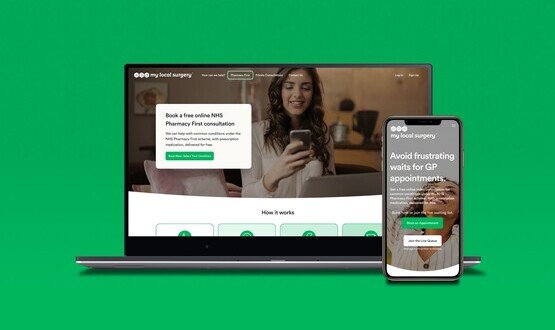Pharmacists told not to rely on EPS to label items correctly – report

Pharmacists in the UK have been told not to rely on electronic prescription service (EPS) prescriptions to label items correctly.
The National Pharmacy Association (NPA) behind the warning had found errors that took place from January to March 2017.
In its Patient Safety Quarterly report it was stated that one of the frequent errors involved EPS prescriptions, making up a total of 4% of the reported incidents.
Examples include selecting the wrong patient with an EPS release 1 prescription, which could have potentially been avoided by scanning the barcode.
The EPS programme is one of the longest-running, national healthcare digital programme which was launched as part of the National Programme for IT (NPfIT).
In the ‘top tips’ section of the NPA report it advises pharmacy practices to: “Not rely on EPS systems to label items correctly – this does not override your clinical check and labels should be checked against the prescription.”
Alastair Buxton, Pharmaceutical Services Negotiating Committee (PSNC) director of NHS Services said the guidance was “very helpful”.
“The NPA’s guidance to contractors is very helpful, but many of the errors they highlight could be eliminated if GP clinical systems were required to use a standard dosage syntax which presented instructions for patients in plain English.”
Often pharmacists can refer to Latin phrases when detailing how to take a prescription, for example Q.D.S (quater die sumendus) meaning four times a day.
“The development of a standard dosage syntax, which could then be adopted by system suppliers, has been called for by pharmacy and general practice representatives for a great many years”, said Buxton.
The EPS was set up as a phased approach, the first phase retained the traditional paper prescription and simply added a barcode to it.
The second, and more significant release, allowed a patient to ‘nominate’ a pharmacy to receive an electronic version of the prescription, which the pharmacy downloads from the NHS data spine.
A ‘phase 3’ has expanded the schedule of drugs and treatments available.
Phase 4 represents the point where electronic rather than paper prescriptions become the default, NHS Digital told Digital Health News in August 2016 when the pilot for this stage was launched.
In 16 GPs across England, GPs were going to test EPS paper tokens for about four months.
In September 2015 more than 5,000 GPs in England were using electronic prescriptions and 15 million patients had signed up for the service.
The NPA is the trade association for pharmacy professionals in the UK.




3 Comments
Is it not possible for the EPS to translate standard latin abbreviations into standard english instructions?
EG TDS -> Take three times per day
CC -> take with food.
All it needs is a standard set of instructions for the patient, and standard set[s] for the GP/GP system to input. More than one set if you want it to use latin abbreviations, english abbreviations etc.
And of course, a free text alternative for a prescriber to use a non-standard instruction in special cases.
Can you please replace “systems” with “items” in your title and text, currently both do not make any sense.
Good spot, changed now.
Comments are closed.